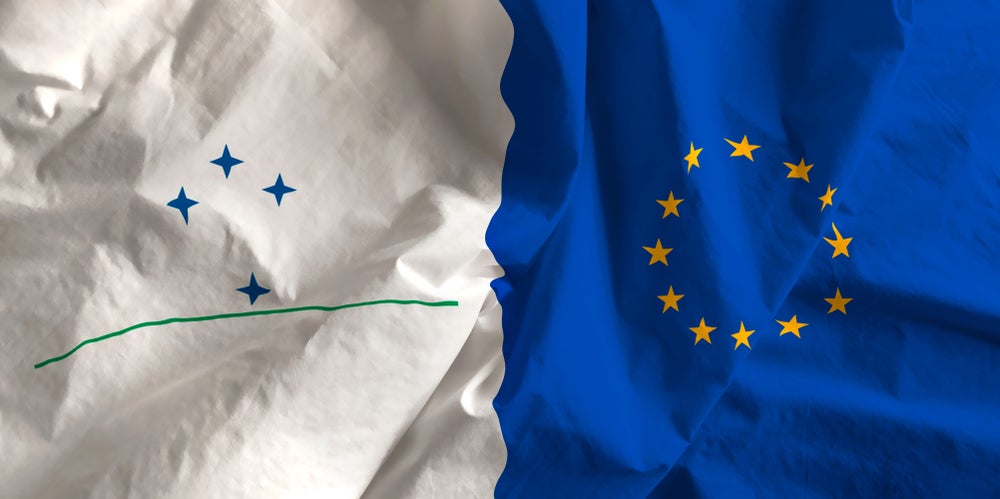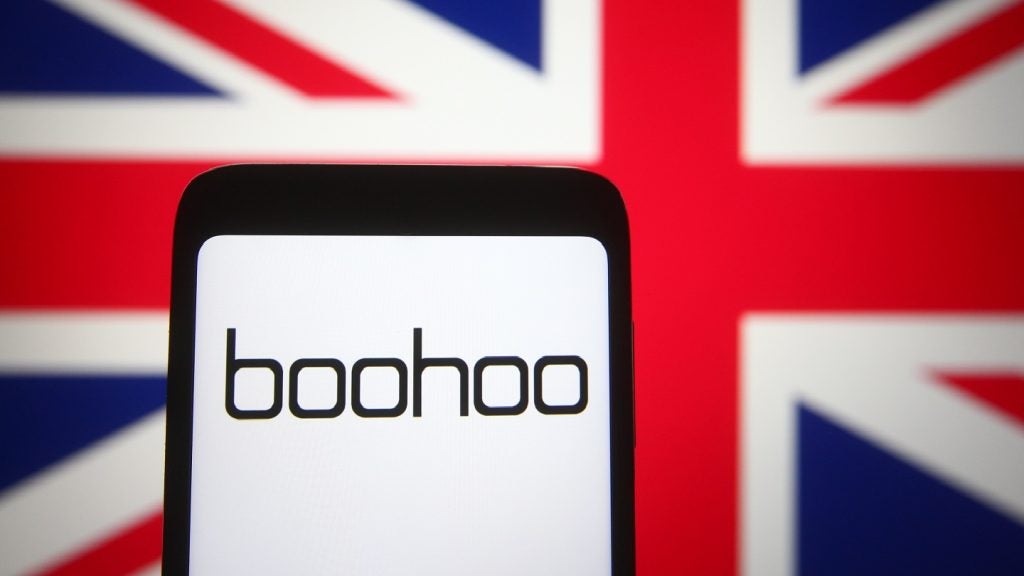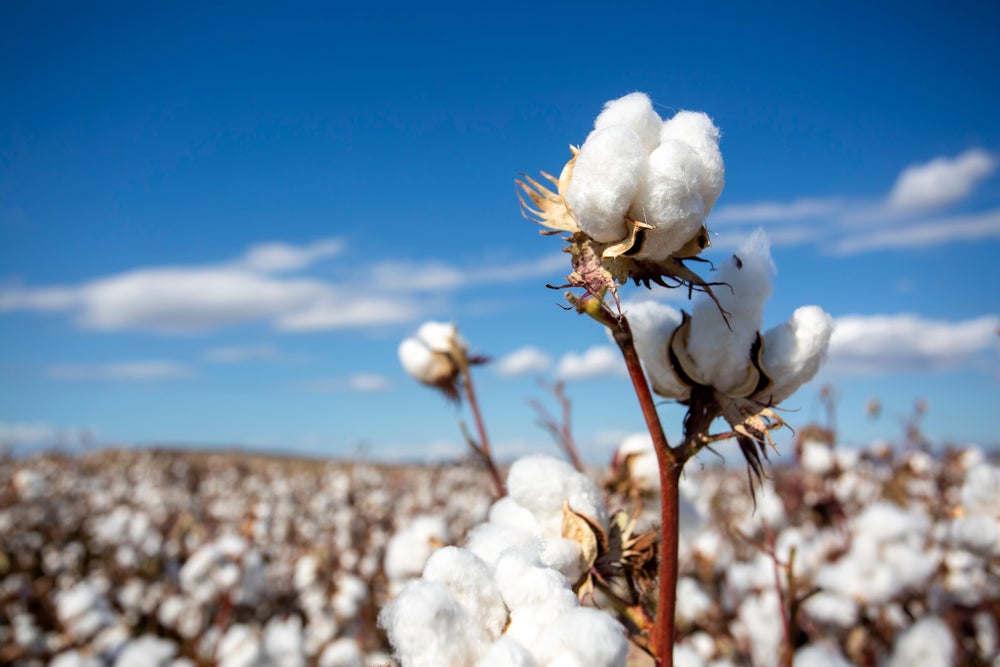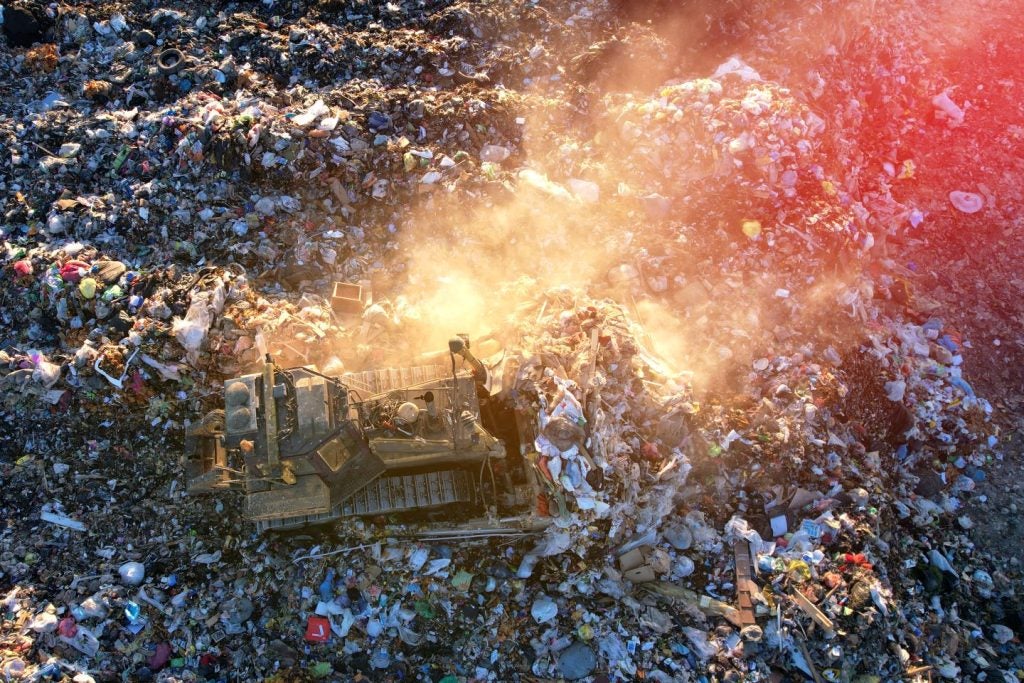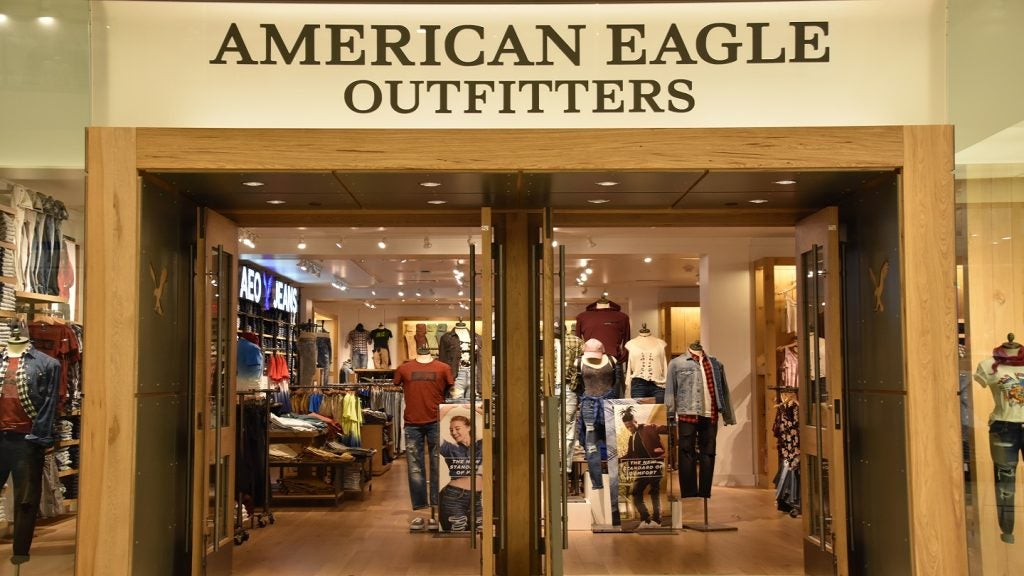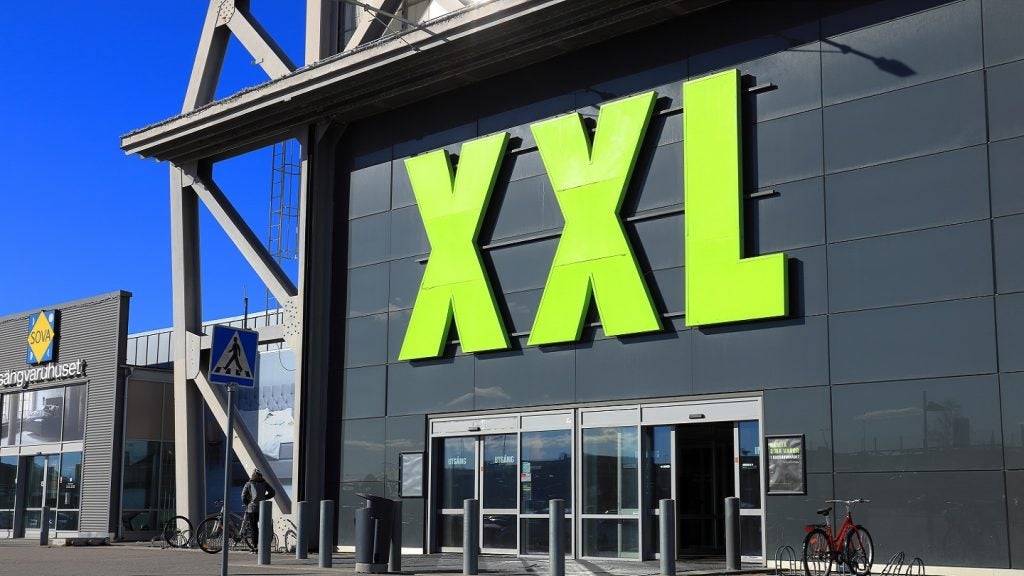The President of the European Commission Ursula von der Leyen and her counterparts from four Mercosur countries, namely Brazil, Argentina, Paraguay and Uruguay, have finalised negotiations for the EU-Mercosur partnership agreement.
The European Commission said it has come at a "critical time" for both sides and presents opportunities for major mutual gains through strengthened geopolitical, economic, sustainability and security cooperation.
Euratex added that as the EU textile and clothing exports to Mercosur were already valued at over €480m ($507.89m) in 2023 and imports from the region at €203m, this deal is set to further boost bilateral trade, especially in high-value-added and sustainable products.
Euratex described it as a milestone that marks a significant opportunity to reinforce the relationship between the EU and Mercosur in a world that increasingly demands collaboration and resilience.
Euratex director general Dirk Vantyghem commented: "This agreement presents a unique opportunity for the European Textile and Clothing sector, paving the way for considerable growth in bilateral trade and strengthening our industry’s global presence."
Euratex also stated the agreement promises "enhanced market access, supply chain stability, and a commitment to sustainable development while ensuring a level playing field for businesses on both sides".
Plus, Euratex said it remains committed to supporting its members in leveraging the benefits of the agreement while maintaining the highest standards of sustainability and competitiveness.
von der Leyen pointed out the reality of the agreement is that it will "save EU companies €4bn worth of export duties per year".
Political aims of the EU-Mercosur agreement
- It will boost strategic trade and political ties between like-minded and reliable partners
- It will support economic growth, boost competitiveness and strengthen resilience on both sides by opening up trade and investment opportunities and securing sustainable access and processing of raw materials
- It represents a major milestone in fighting climate change with strong, specific and measurable commitments to stop deforestation
- It considers the interests of all Europeans, including the critically important EU farming sector and will help increase EU agri-food exports while protecting sensitive sectors
- It upholds the EU's standards on animal health and food safety, preventing unsafe products from entering the market.
Economic aims of the EU-Mercosur agreement
- Secure and diversify our supply chains
- Create new opportunities for all kind of businesses, by removing often prohibitive tariffs on EU exports to Mercosur
- Save EU businesses €4bn worth of duties per year
- Ensure trade preferences in strategic net zero industry sectors such as renewable energy technologies, and low-carbon fuels
- Help small and medium enterprises export more by cutting red tape
- Secure an efficient, reliable and sustainable flow of raw materials critical for the global green transition.
Sustainable aims of the EU-Mercosur agreement
- Making the Paris Agreement an essential element of the EU-Mercosur relationship.
- Concrete commitments to halt deforestation.
- Clear and enforceable commitments on sustainable development, including on labour rights and sustainable management and conservation of forests.
- An active role for civil society organisations to overview the implementation of the agreement, including human rights or environmental concerns.
- €1.8bn in EU support will facilitate the fair green and digital transition in Mercosur countries, as part of the Global Gateway.
What's next?
The proposed EU-Mercosur agreement consists of a political and cooperation pillar and a trade pillar. The end of negotiations constitutes the first step in the process towards the agreement's conclusion with official documents being published online.
Following final legal scrubbing by both sides the text will be translated into all official EU languages, and then submitted to the Council and Parliament.


